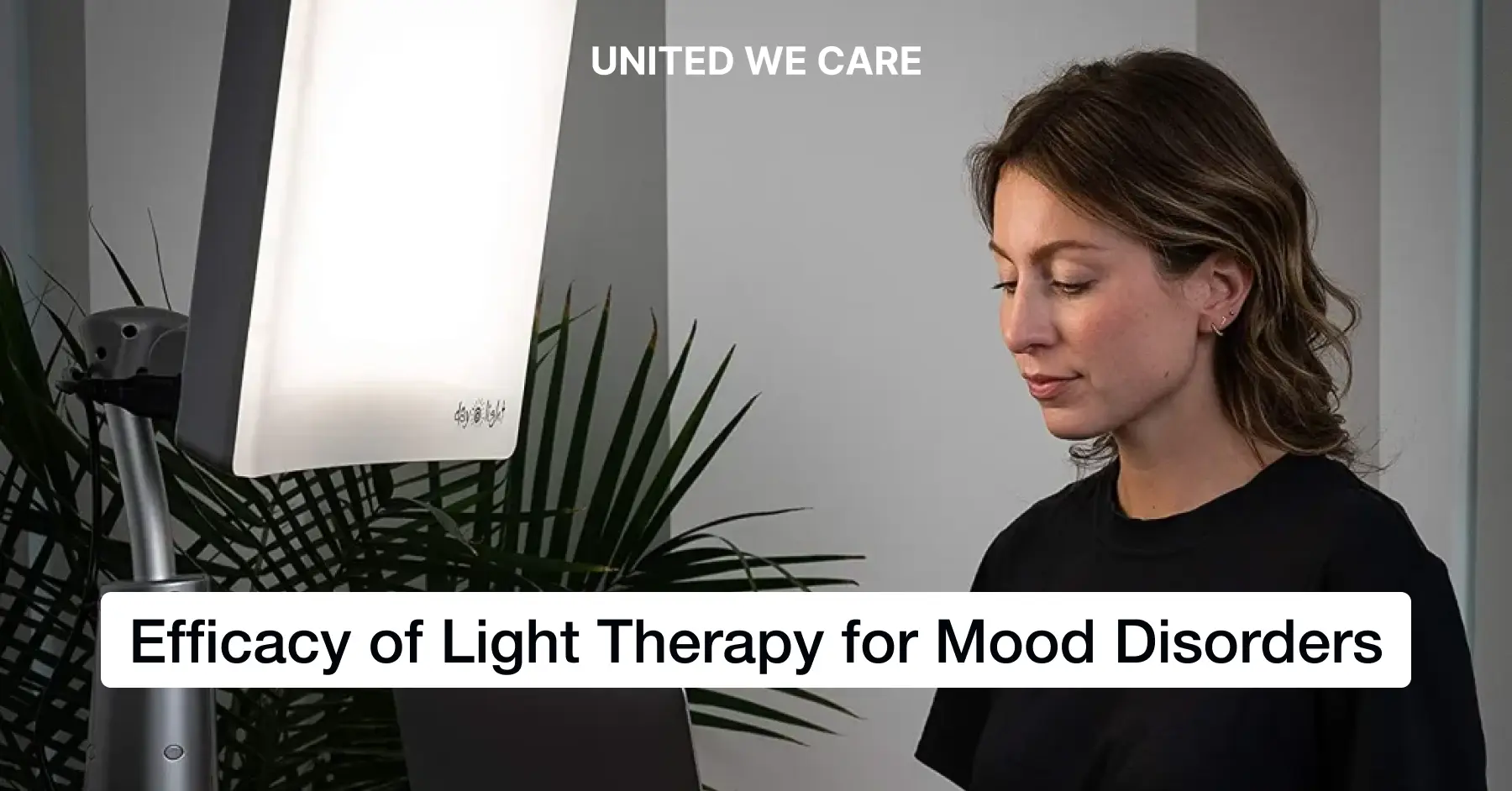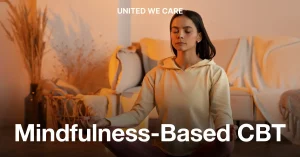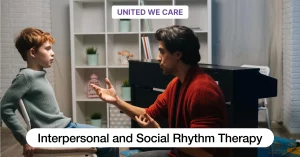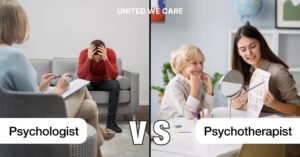Introduction
As mental health issues are so common these days, mood disorders are one of them. It has been affecting a lot of people worldwide. Due to this, a solution for it is much more of a requirement than just a “want” now. Some of the standard treatments present these days consist of medications, psychotherapy, and especially light therapy.
What is Light Therapy
Light therapy for mood disorders is also known as phototherapy, and it is a harmless medical procedure. This therapy is achieved by exposure to a bright light’s side, presented as the natural sunlight. Additionally, the light used is more intense but also, but it is meant to be safe for the eyes. This procedure is usually practiced in the daytime. To be specific, the sessions last between 20 minutes and an hour.
The main purpose of light therapy for mood disorders is to present some reduction in the effects of mood disorders. This negative impact can be recorded as depression or even seasonal affective disorder (SAD). For this reason, this procedure exposes oneself to the bright light’s influence, which eventually shows signs of circadian rhythm. Moreover, hormone generation and sleep cycles. This therapy is finally able to work wonders due to the increase in serotonin and melatonin levels that indeed elevate the mood.
How Does Light Therapy for Mood Disorders Work
Now that we understand what light therapy is let’s talk about how light therapy for mood disorders actually works.
- Exposing yourself to bright light affects the body’s circadian rhythms.
- Additionally, this light exposure regulates sleep cycles and influences hormone production.
- Additionally, this is its mechanism to be observed to understand its underlying approach to mental health conditions.
- Also, this light exposure regulates sleep cycles and influences hormone production.
- Light therapy may also be able to increase your serotonin levels. While also decreasing the level of melatonin.
- Furthermore, this can lead to improvement in your mood or reduced symptoms of depression.
- Without a doubt, light therapy can be very impactful on the biological clock and help with the synchronization of internal rhythms.
- Research suggests that the expression of genes related to mood regulation can be influential.
- Even so, it provides insight into the biological mechanism of light therapy. For some individuals, light therapy may have a fast onset of action. Above all, it can show positive results within a few days of starting treatment.
Efficacy of Light Therapy for Mood Disorders
Light therapy for mood disorders has been proven to be an efficient procedure.
- Several studies present that the efficacy of light therapy has been succeeding in reducing the impact of prevalent mental health issues.
- It has been of value as compared to depression in terms of traditional approaches to issues of depression.
- However, in order to see better results, you must be consistent with it. Along with this, it should be noted that the impact of light therapy treatment varies for every individual.
- Not just this, but it is also significant to prioritize a patient’s needs while trying to decide on their treatment.
- Even in light cases of depression, the efficacy of light therapy has been able to prove itself in recent times.
- Moreover, many reports in recent research have proved light therapy to have a preserved effect even after the treatment period.
When Do You Need Light Therapy for Mood Disorders?
Now, let’s talk about when you need light therapy for your mood disorder.
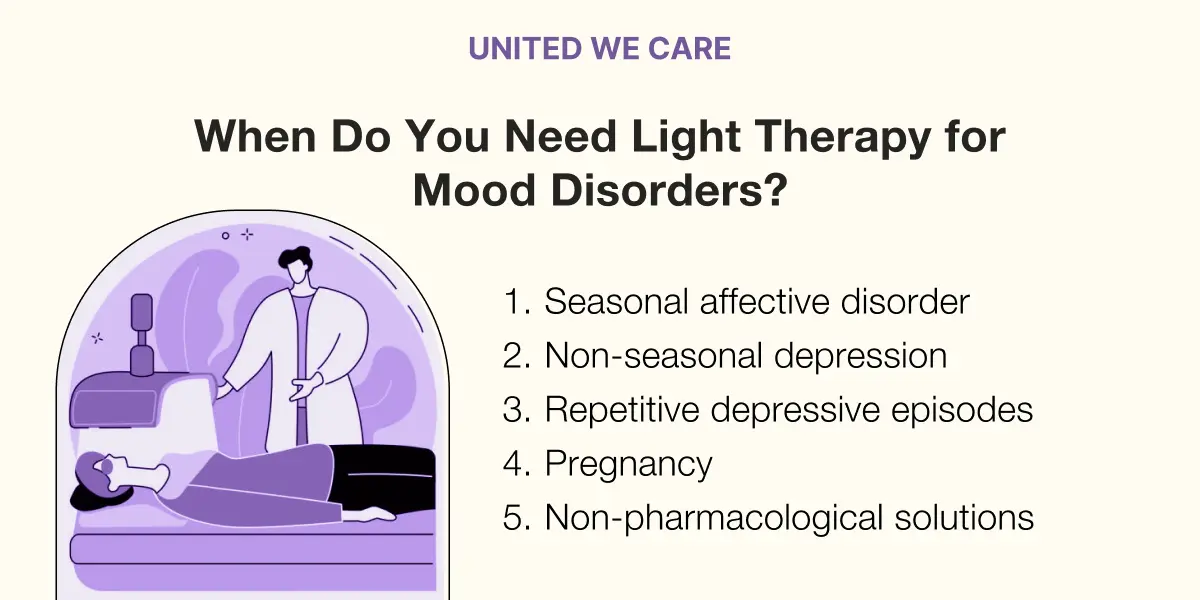
Seasonal affective disorder
Firstly, people with seasonal affective disorder are recommended to get light therapy in order to help with it. The disorder mostly peaks during falls and winters when daylight is less. Usually known as “winter depression”.
Non-seasonal depression
Additionally, light therapy can also be beneficial for non-seasonal depression. But only when there is a lack of response from other treatments.
Repetitive depressive episodes
Light therapy can be really beneficial for people who have a history of repetitive depressive episodes. Also, people with a certain seasonal pattern may benefit as well.
Pregnancy
For pregnant individuals, light therapy may be considered as the first-line treatment.
Non-pharmacological solutions
It is to be noted that people who prefer non-pharmacological solutions should opt for light therapy.
The duration and timing for each session can be adjusted. The adjustments are mostly made based on responses from the individuals and the severity of the symptoms.
Where Do You Find Light Therapy for Mood Disorders?
Light therapy can be easily integrated into your day-to-day life to be effective. They can be purchased for home use. Above all, some healthcare facilities, clinics, or wellness centers may also provide facilities for light therapy.
Importantly, the most cost-effective and highly accessible source of light therapy is natural sunlight. It is to be noted that there are light therapy glasses as well that are designed for portability. In addition, light therapy glasses are also available as a solution. The people who find it difficult to sit in front of the light box for a long time can utilize these.
The use of wearable devices for light therapy is also an evolving area of research and development. Devices such as light therapy masks are still under work as there is still scope for improvement in this field. Not only that but also these higher portability and higher availability make light therapy easy to access for everyone.
Conclusion
Light therapy can be a promising and evidence-based treatment for mood disorders in today’s world. It offers a non-invasive and well-tolerated solution for people who are struggling due to mental disorders. Undoubtedly, light therapy can be highly beneficial, especially for managing seasonal affective disorders and, of course, mood disorders.
There is a lot of research and development being done to optimize light therapy solutions. It is to be noted that the combination with other treatment methods helps enhance it further. Incorporating light therapy may empower individuals to take part actively in their well-being. It will also help them in managing their symptoms. Increasing awareness and educating more and more people about light therapy can be really beneficial. It can help integrate light therapy into more standard treatment protocols.
Hence, it is a growing sector in the field of treatment of mood disorders. Even though it is still improving its procedure of implementation, it has been impactful for people with mood disorders.
References
- American Psychiatric Association, “Diagnostic and statistical manual of mental disorders,” 5th ed. Washington, DC: American Psychiatric Publishing, 2013.
- N. E. Rosenthal, D. A. Sack, J. C. Gillin, A. J. Lewy, F. K. Goodwin, Y. Davenport, et al., “Seasonal affective disorder: A description of the syndrome and preliminary findings with light therapy,” Arch Gen Psychiatry, vol. 41, no. 1, pp. 72–80, Jan. 1984. doi: 10.1001/archpsyc.1984.01790120076010
- R. D. Levitan, “The chronobiology and neurobiology of winter seasonal affective disorder,” Dialogues Clin Neurosci, vol. 9, no. 3, pp. 315–24, 2007. doi: 10.1294-8322
- C. Even et al., “Efficacy of light therapy in nonseasonal depression: a systematic review,” J Affect Disord, 2008.
- P. Sayana et al., “A systematic review of evidence for the role of inflammatory biomarkers in bipolar patients,” J Psychiatr Res, 2017.
- M. G. Mazza et al., “Neutrophil/lymphocyte ratio and platelet/lymphocyte ratio in mood disorders: a meta-analysis,” Prog Neuropsychopharmacol Biol Psychiatry, 2018.
- P. A. Geoffroy et al., “Light treatment in depression: an antique treatment with new insights,” Sleep Med Rev, 2018.

